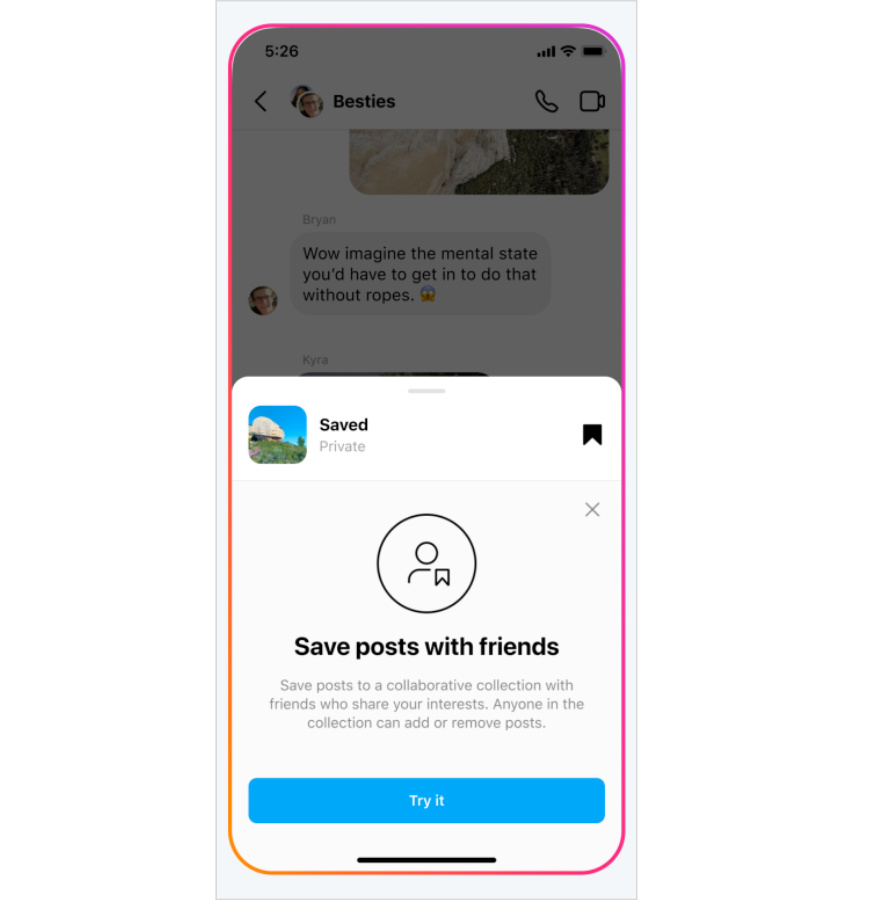It’s been a little over a year since Facebook announced its change to what you see in the New Feed in favour of news from friends over Pages. That meant at the time that Pages which includes publishers had their content second to feed from friends in the algorithm. Yesterday again the social media giant media announced that it was going to even double down on the said algorithm. The News Feed will now feature more posts from families over those of celebrities and brands.
“Facebook was built on the idea of connecting people with their friends and family. As we say in our News Feed values, that is still the driving principle of News Feed today. Our top priority is keeping you connected to the people, places and things you want to be connected to — starting with the people you are friends with on Facebook. That’s why today, we’re announcing an upcoming change to News Feed ranking to help make sure you don’t miss stories from your friends.”
Facebook acknowledged that Pages should prepare for some decline in visits which may anger some publishers who rely on Facebook for traffic to their sites. The upside though for Facebook is that this could be a potential source of new revenue as Pages would consider advertising more to push content to followers. The con though is that Pages would reduce content they post on Facebook. In a move to make Page Likes more authentic last year, Facebook started removing Likes for people who were already inactive on Facebook, voluntarily deactivated or memorialized and this further saw some drop in number of people liking Pages.
Yesterday’s announcement from Facebook for Pages with a big number of Likes and number of people sharing content shouldn’t worry much as this means Friends of the people sharing articles would eventually see the content. The “big” in the sentence is now left for you to decide what big is to you. This certainly would affect smaller publishers who may not be able to match big names in their industry. Accoring tot USA Today, publishers and news outlets, who rely on Facebook users to click on their content and generate ad revenue, may suffer the most with the change. Media sites reported more than 40% of their web traffic came from Facebook, according to analytics firm Parse.ly, while 30% of U.S. adults get their news directly from Facebook, Pew Research Center reported.
The change may not even be beneficial for Facebook users if fewer people are sharing personal posts, as one report maintains. Sharing of personal news — rather than news articles or Internet memes — fell 21% year over year as of mid-2015, according to tech news site The Information. Facebook has said that, in contrast, overall sharing has remained similar to levels in prior years. So this could be bad even for Facebook eventually as older people now use rely on Facebook and Twitter for news and if they don’t get this, what’s making them stay? In the end though, this could be Facebook’s way of keeping its younger users on the site many of whom prefer to use apps like Snapchat and Facebook’s Instagram.
Discover more from TechBooky
Subscribe to get the latest posts sent to your email.















